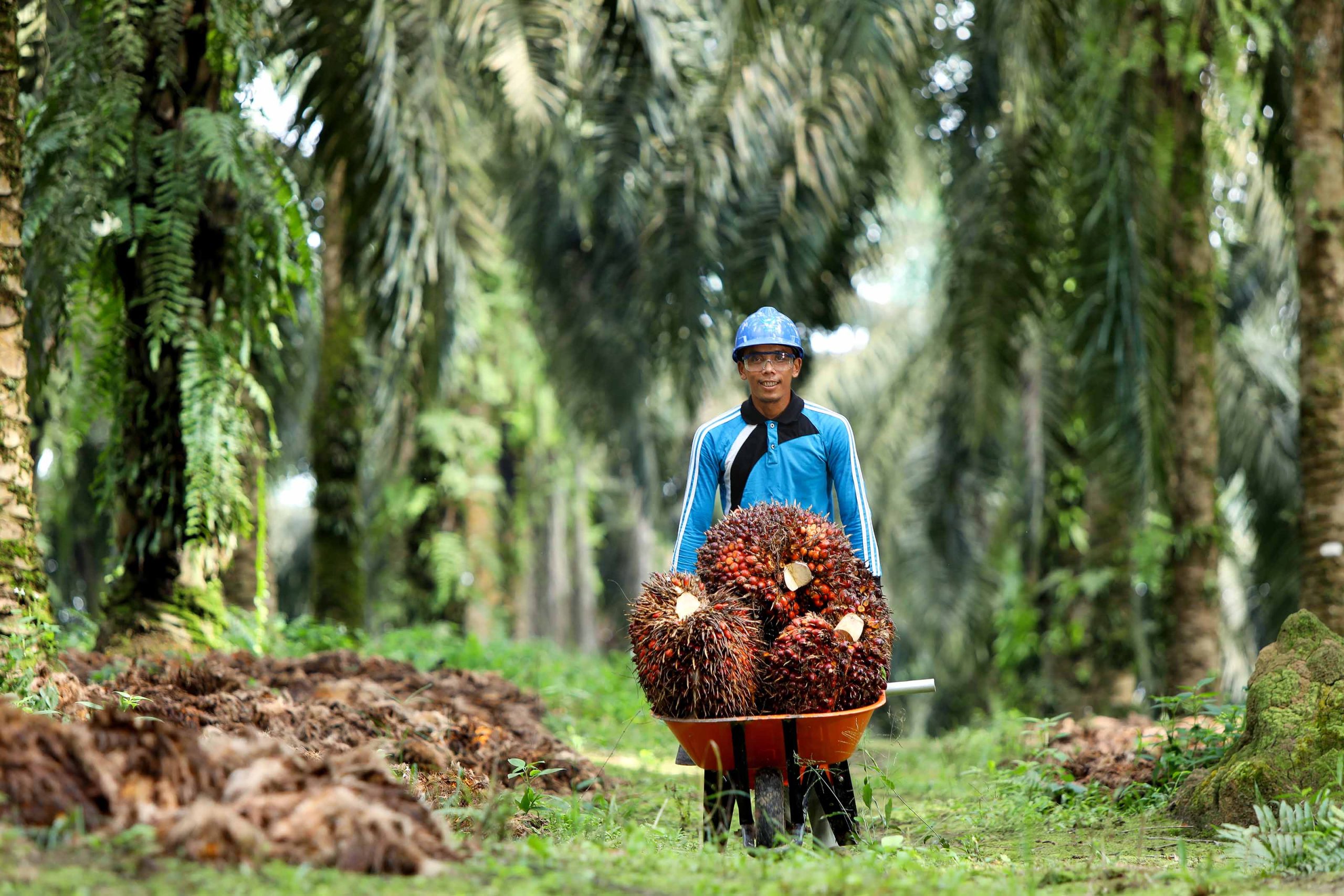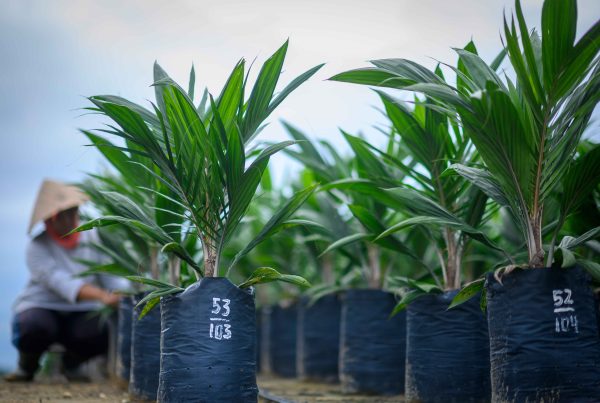Asian Agri has released its latest Sustainability Report which covers the company’s operations and activities from January 2017 to December 2018.
The report highlights Asian Agri’s environmental, social, economic and governance performance, as well as how it has mapped its activities and their potential impact to ensure they are in line with targets relevant to the United Nations Sustainable Development Goals.
In the report, Kelvin Tio, Asian Agri Managing Director, acknowledged that 2017 and 2018 were challenging years for the Indonesian and international palm oil market due to prevailing market sentiment that pushed Crude Palm Oil (CPO) prices to the lowest they have been in the past 12 years.

“Despite [this], we have always remained committed to playing an active role in driving our industry to be more transparent, accountable and sustainable,” Tio said.
In 2017, Asian Agri increased its smallholder engagement as a way to increase productivity and yield without expanding its footprint by launching its “One to One” Partnership Commitment, an initiative designed to match one hectare of Asian Agri’s own land with one hectare of land owned by partner smallholders by the end of 2018.
Currently, more than 50 per cent of the company’s fresh fruit bunch supply comes from partner smallholders who collectively own more than 101,000 hectares of sustainable oil palm plantations.
Among the company’s achievements in 2018 are an increase in its CPO mills from 20 to 21 and its kernel crushing plants from seven to nine, while maintaining the International Sustainability & Carbon Certification (ISCC), Roundtable on Sustainable Palm Oil (RSPO) and Indonesian Sustainable Palm Oil (ISPO) certifications for existing mills and estates.
Asian Agri now also operates seven new biogas plants in North Sumatra, Riau and Jambi, which use mill waste for fuel – reducing the processing emission carbon footprint of each mill by 90 per cent – and provide clean energy to surrounding communities.
Three more biogas plants will be operational by 2019, Tio said.
The report additionally highlights Asian Agri’s ongoing engagement with communities to prevent fires via its Fire Free Village Programme in three provinces.
Since its launch, the programme’s coverage area has increased by more than 50,000 hectares to 343,000 hectares in 2018, with a total of 16 villages currently participating in the programme.
“The journey towards becoming more sustainable never ends. We will continue to promote smallholder partnership stewardship, best management practices and good corporate governance to inspire our stakeholders to collaborate and build capacity to be more resilient in anticipating risks, exploring possibilities, and recovering from any industry disruptions,” Tio said.
Read the full Asian Agri 2017-2018 Sustainability Report here



